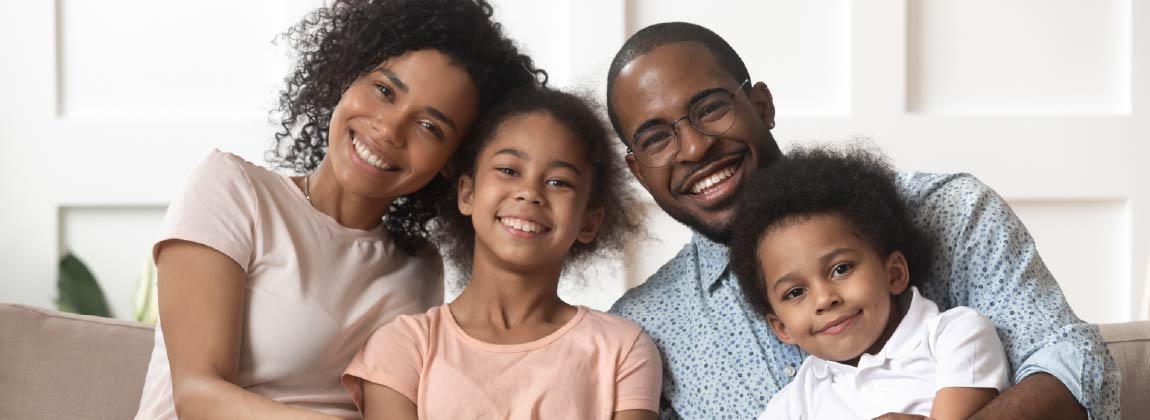Oh, It's Ramadan Again!

“Not again, your home country decoration. Oh, and, do I have to fast?” my son said as he walked into the living room referring to Ramadan decoration, reluctant about fasting. Well, it was time for me to sit and have “the talk”. To be clear, I do not mean the mom-teenager boy “talk”. I am referring to “the talk” minority-diverse families have to have with their kids to explain our cultural and/or religious differences to our own kids, who are growing up in a predominantly white nation wondering why their parents are different?
But are we?
Let us see.
What is Ramadan? (Does my 13-Year-Old Son Have to Fast?)
Ramadan is the ninth month of the Islamic Lunar calendar. Fasting during Ramadan is one of the Five Pillars of Islam, which is the second-largest religion. Muslims represent 24.1% of the world’s population (1.8 billion) and 1 % of Iowa’s population. During this holy month, Muslims focus not only on refraining from food, drinks and sexual activity from dawn to sunset but also on abstaining from impurities in soul and mind including immoral behavior or unkind thoughts. Accordingly, evil deeds, bad intentions or untruthful words are as destructive to a fast as eating or drinking. The whole point is to discipline our minds to develop awareness of a Higher Being and God’s expectations of us as human beings. Only physically and mentally capable Muslims are required to fast, which means pregnant, menstruating, nursing, kids, travelers, the weak, the elderly and ill are all exempt from fasting.
Fasting or not, awareness of God is cultivated by Muslims during Ramadan through charity, volunteering and service to humanity. It is also nourished when Muslim communities invite their family, extended family, friends and neighbors to break bread with them spreading the message of hospitality, kindness, peace and unity!
I am a Muslim, who grew up in a Catholic school. I observed Lent with my Christian friends at school and Ramadan with my Muslim family at home. Actually, fasting is paramount to the three Abrahamic Religions, practiced in both Christianity and Judaism tradition as well. When tempted by evil and to draw nearer to God for guidance, Jesus practiced fasting (Matthew 4:1-11; Mark 1:12-12; Luke 4:1-4). As a believer in Jesus, Ramadan allows me to draw closer to God and all of His creation, which includes a wide spectrum of races, ethnicities, cultures, nations and other religions.
What Ramadan Means to My Non-Muslim Friends
Not much really, other than being considerate and mindful. We do not expect you to fast with us. You can eat and drink in front of us. We will still go out with you for coffee; we just can’t drink. Kindly try not to schedule a work lunch or networking event during our fasting hours. Be flexible with your Muslim employees’ hours, we are shifting our night sleep to accommodate for an early meal at 4:30 a.m. and late-night prayers. Keep in mind, we could be running out of caffeine energy as early as 11 a.m. Some Muslims might choose to start working earlier than usual, while others might choose to start late and stay late. Take time to know your employees and what works for each individual. There is no “one-size” fits all in any culture or religion.
If you practice intermittent fasting and your Muslim friend knows about it, expect to be dragged along to join their sunset meal, known as “Iftar.” If you do not, you can still expect an invitation to join. I guess you can expect an invitation either way. When it comes to having family and friends over for food, we believe the more the merrier.
And if you really want to go the extra mile with your Muslim friend, neighbor or co-worker, you can wish them “Ramadan Mubarak” meaning “Blessed Ramadan.” The thoughtfulness will be greatly appreciated, and trust me, an “Iftar” invitation will follow!
This year, Ramadan started on Wednesday, April 22 and is expected to end on Friday, May 22. I was worried that observing Ramadan during the COVID-19 pandemic will have an emotional toll on me. For the first time in many years, my house is not wide open to break bread with others in the community. However, after recently volunteering for food pantries around Greater Des Moines (DSM), I was reminded that Islam in general and Ramadan in particular teach me that my well-being depends on the well-being of my fellow human beings. If one member in my community suffers, I suffer too. Actually, we all do. And even though I miss having my friends over, I am reviving Ramadan spirit by volunteering, donating and spreading goodness in my community. This pandemic has proven that the globe is simply one small community. And if there is anything we should learn from this unprecedented time, it’s that our well-being depends on our shared commitment to humanity and unity.
If you are still wondering, this is exactly the conversation I had with my son, who decided to join me in observing Ramadan. May this Ramadan bring us peace and social harmony!
You can count on The Partnership to continue to share accurate and fact-based updates as well. See more on COVID-19 here.
Shaimaa Aly
Shaimaa Aly is an Operational Risk Manager, Vice President, at Wells Fargo Home Mortgage. Shaimaa serves on the Greater Des Moines Partnership Capital Crossroads board. Shaimaa identifies herself as an Immigrant Muslim-American! Shaimaa is a member of a few nonprofits focused on empowering women and kids of color.